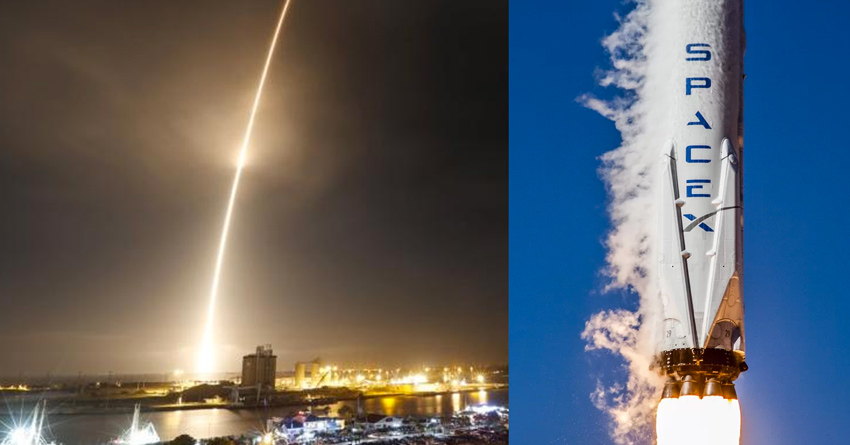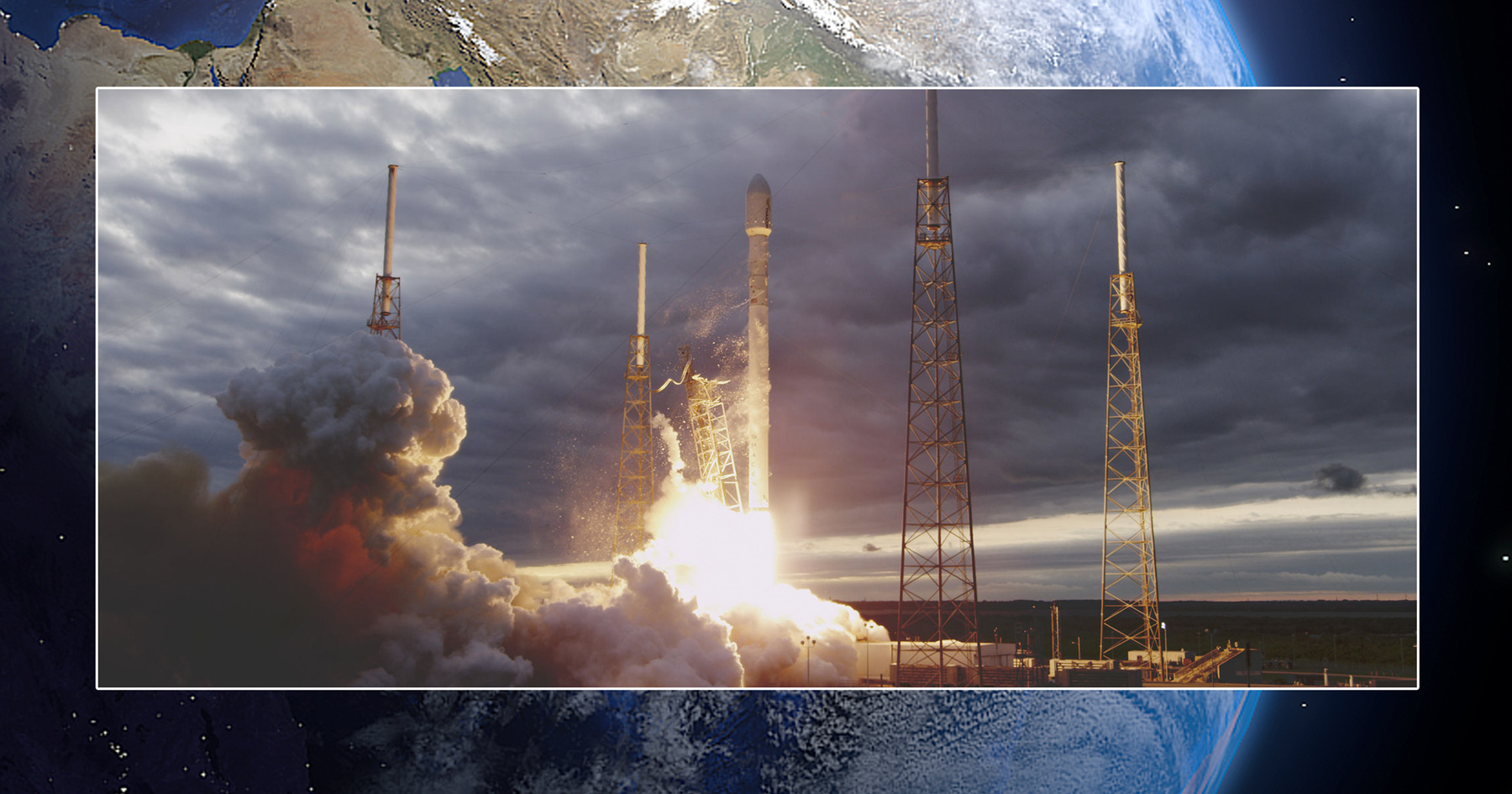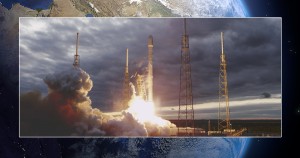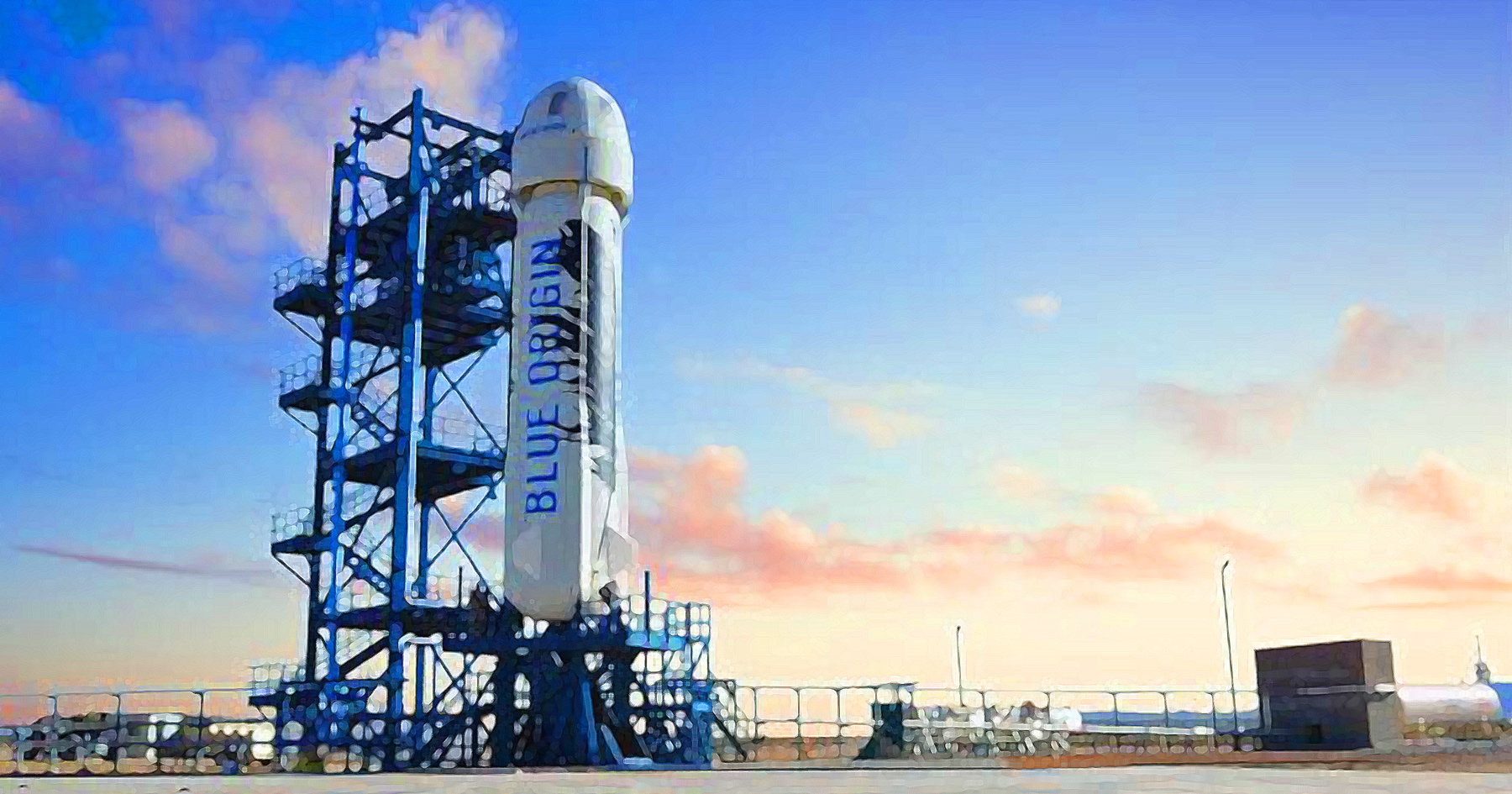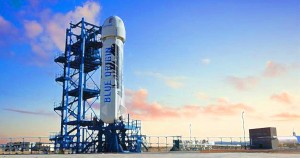The NASA Jet Propulsion Lab has “parted ways with” — I’m guessing fired, despite the glowing words that attended the parting — DEI officer Neela Rajendra.
The Free Beacon reports that NASA seems to have been nudged in this direction by a Beacon report that despite the anti-DEI policies of the new U.S. administration, the Jet Propulsion lab had tried to retain Rajendra by changing her title. She still had many of the same responsibilities, including managing “affinity groups” like the Black Excellence Strategic Team.
The propulsion lab is now replacing its DEI department with a new one called “Office of Team Excellence and Employee Success.”
Even assuming that race and gender consciousness are now no more — probably not a safe assumption — we may wonder why such a department, solely devoted to “excellence and success,” is necessary.
If it is, how did the NASA of the 1960s, including Apollo 11 astronauts Neil Armstrong, Michael Collins, and Buzz Aldrin, ever manage to reach and land on the moon? Surely this kind of accomplishment must have required pervasive excellence. Maybe, back then, commitment to excellence was one of the requirements for getting and keeping NASA jobs to begin with?
Among Rajendra’s own excellences: hostility to deadlines and criticism of SpaceX for being “fast-paced” and failing to promote DEI, as she complained in 2022.
A few years later, it was a SpaceX capsule that enabled the rescue of NASA astronauts stranded on the International Space Station.
Now that’s “team excellence”!
This is Common Sense. I’m Paul Jacob.
Illustration created with Krea and Firefly
See all recent commentary
(simplified and organized)
See recent popular posts




